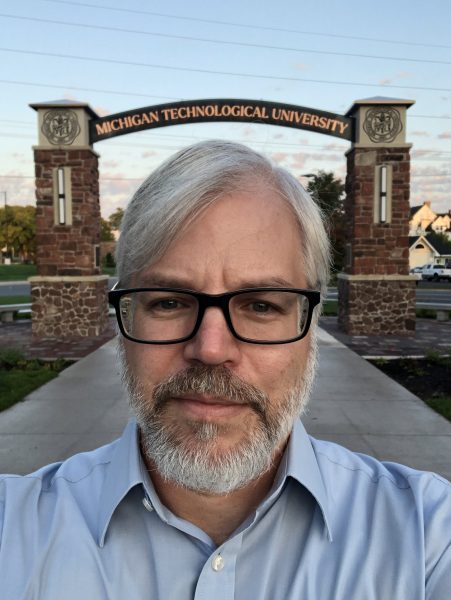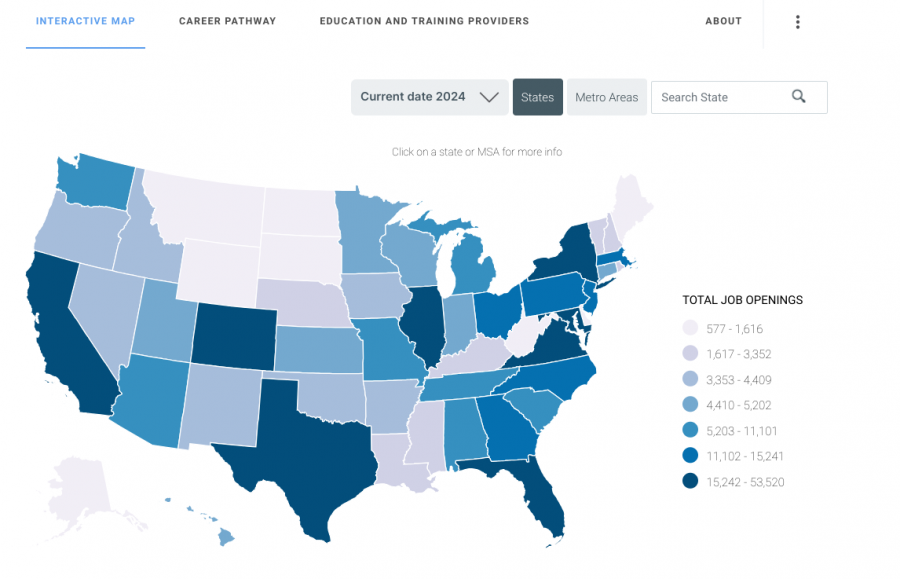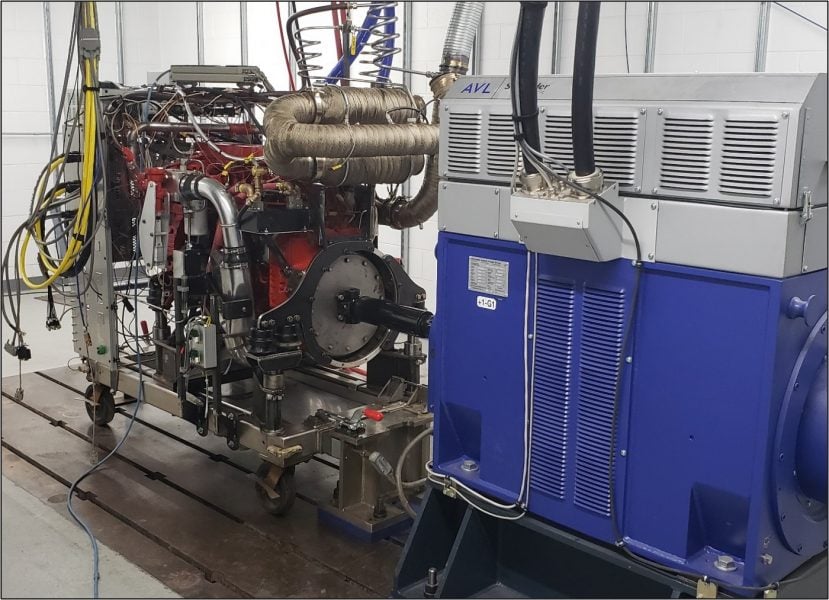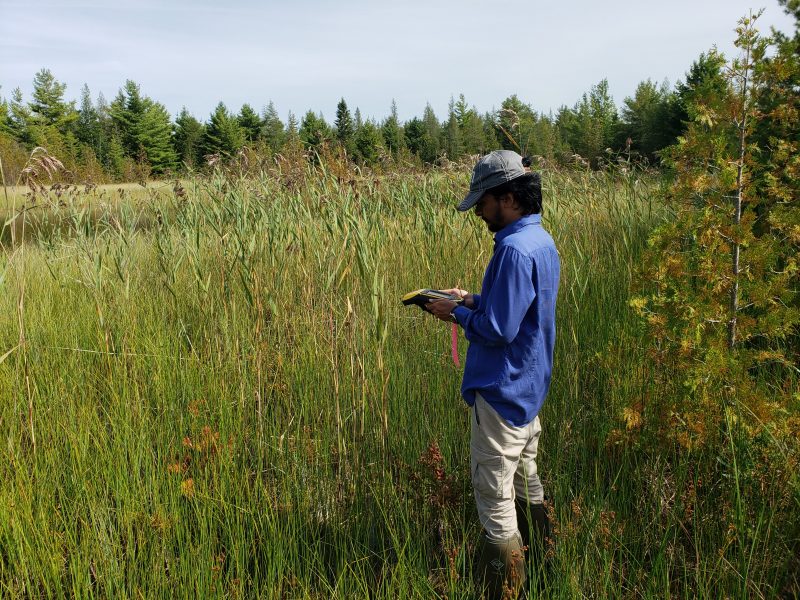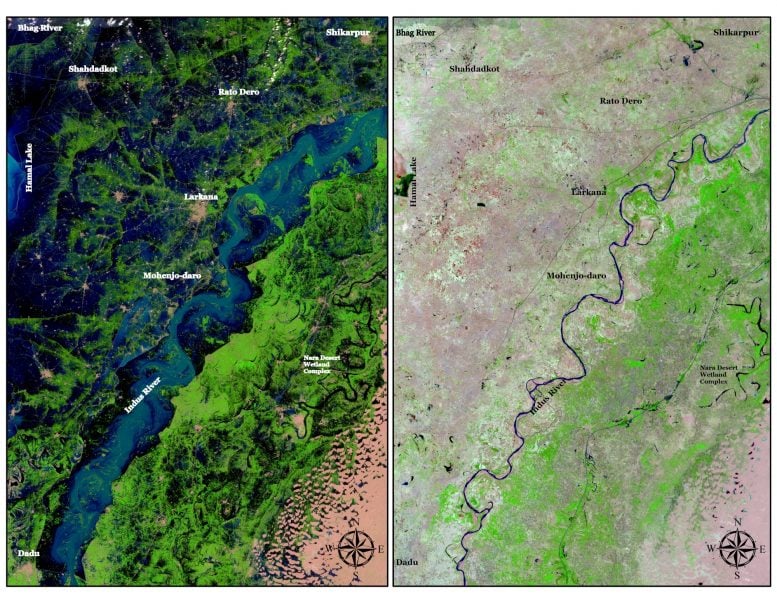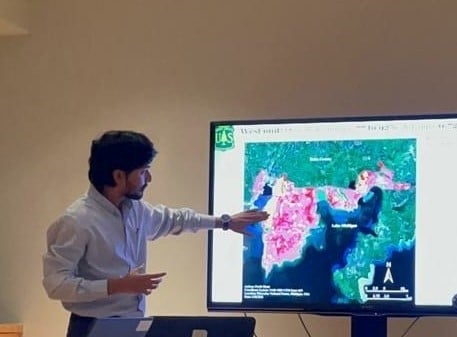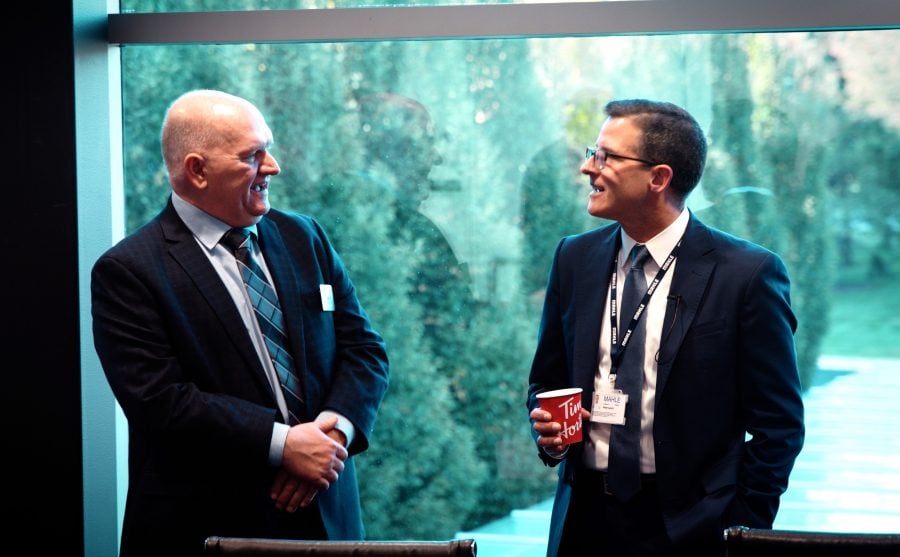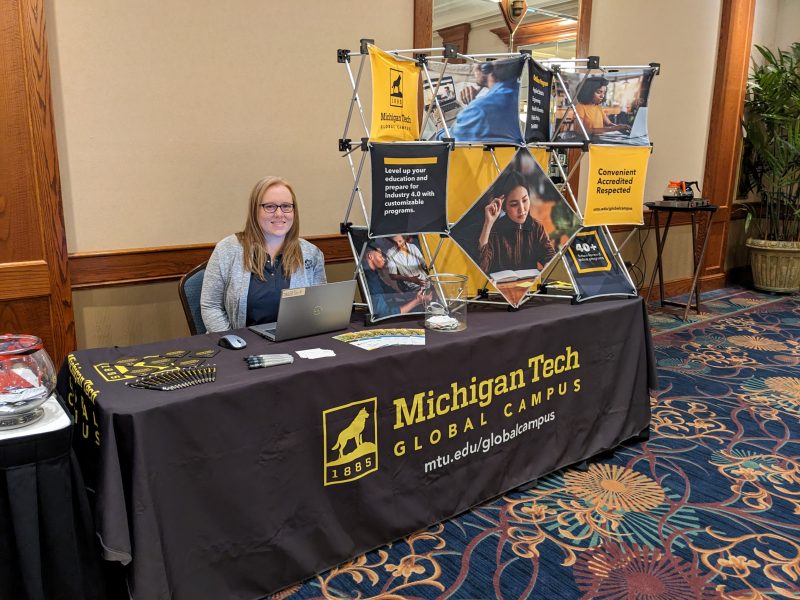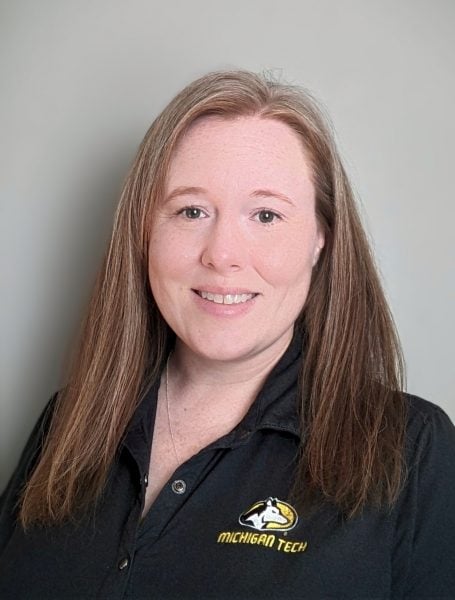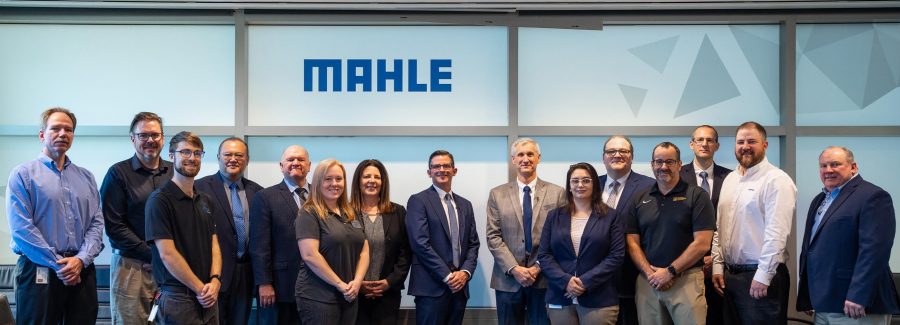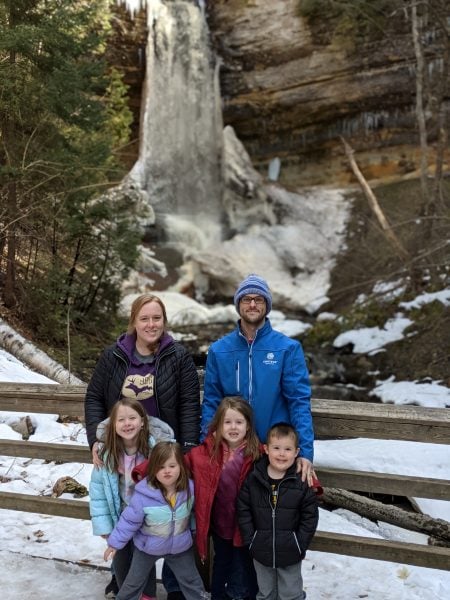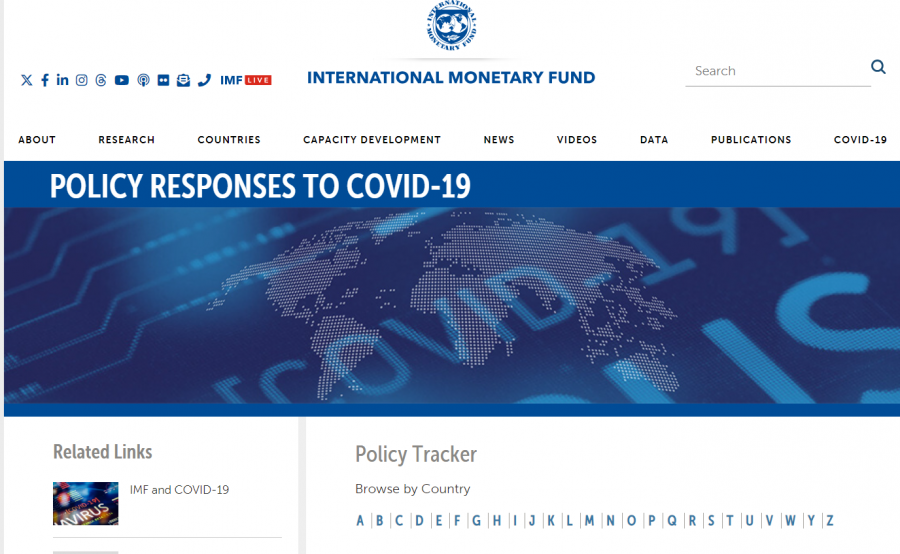Great news! Michigan Technological University (MTU) has recently become a corporate member with the IAM: The Institute of Asset Management.
The IAM is a not-for-profit international professional body dedicated to the whole-life management of physical assets. Established in 1994, its aim is to develop asset management knowledge and best practices while generating awareness of the benefits of the asset management discipline for individuals, organizations, and wider society.
Currently, this body consists of 2000 individual and 300 corporate members, as well as a global network of 46,000 people.
What is Asset Management?
Assets are anything with potential or actual value to an organization, customers, users, or stakeholders. For instance, investment firms, which contain financial assets and infrastructure portfolios, perform asset management. Insurance companies also use asset management to reduce risk, which helps stabilize or decrease premiums to their customers.
In civil engineering, though, asset management is the science and coordinated activity for the long-term care and maintenance of infrastructure systems, facilities, and other civil assets. The objective is ensuring that users, customers, and stakeholders receive the highest value. In other words, this discipline goes far beyond the design and the building of structures.
This discipline is a crucial one because public assets are everywhere. Transportation systems, long-span bridges, potable water distribution systems, stormwater conveyance systems, watersheds, dams, and trail networks are just a few examples.
This cross-functional field involves several disciplines, such as business, finance, risk management, and sustainable design. According to Mark Declercq, (professional engineer (PE), and MTU Alum (Bachelor’s and Master’s of Structural Engineering, ’88, ’90), AM “is more a business management tool than an engineering concept.”
MTU and IAM: An Advantageous Partnership
Michigan Tech will acquire several benefits through its IAM membership.
- Networking opportunities with chapters and branches
- In-person and online global events for asset management professionals
- Discounts on membership fees and reduced rates for events
- Access to several tools and resources to stay up to date on asset management topics, practices, and decision making. These include forums, a knowledge library, and a Digital version of Assets magazine
Even better: MTU’s membership also enables students to attain an individual membership for as little as $16 USD annually.
But perhaps one of the biggest benefits is this one: students may receive certification from the IAM after taking Mark Declercq’s intense, practical, 14-week online course CEE5390: Civil Asset Management.
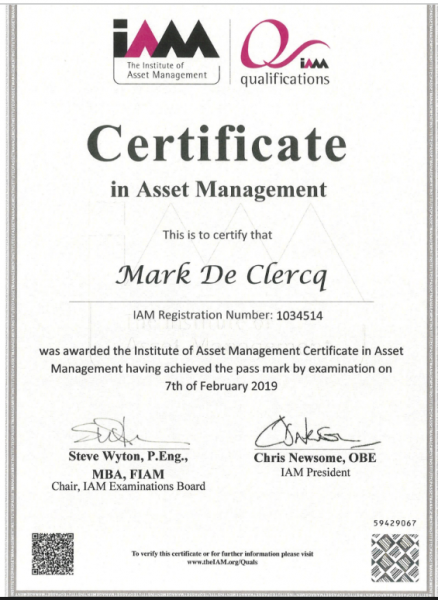
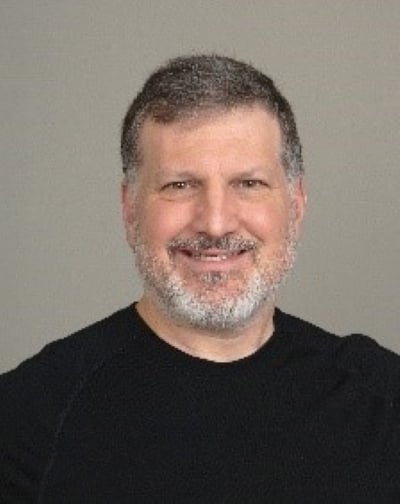
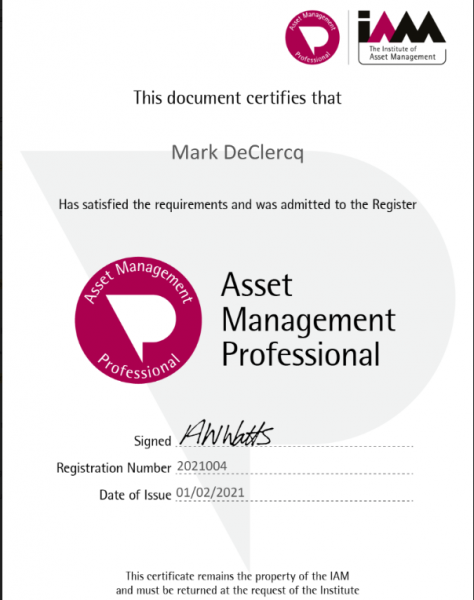
Certification in Asset Management
That is, MTU is the first US university to have its students eligible for a formal certification from the IAM. Starting in Fall 2024, students will receive a Certificate in Asset Management upon receiving a letter grade “B” or better in CEE5390.
Those who gain expertise in technical topics in asset management earn this certificate. It represents one of the three opportunities to advance one’s asset management qualifications. The next two, in progression, are the Asset Management Diploma (advanced AM topics with a business focus); and Asset Manager Professional (received upon completion of an application, experience, and oral interview on seven core subjects in AM.)
Declercq, not only has 33 years of experience in the public and private sectors, but also impressively holds the certificate and is an Asset Manager Professional. He is also a professional engineer in the state of Michigan.
In addition, DeClercq is versed in LEAN Management and has a certificate from the Federal Emergency Management Agency program in Emergency Management. Memberships in the American Society of Civil Engineers and the Michigan Society of Professional Engineers round out his expertise.
His course, CEE5390, both demonstrates and analyzes asset management concepts as they are applied to traditional civil infrastructure systems. These include transportation, roads and bridges, water distribution, sanitary sewer collection, building facilities, airports, flood control, and parking structures. DeClercq knows that maintaining these systems is important now, more than ever before.
We’ve disinvested in our country’s infrastructure, “kicked the can down the road,” and lost the art of delivering on an asset’s life cycle for design, construction, operations, maintenance, and replacement.
As global populations continue to grow, resources become more constrained, and the climate becomes an influential factor, being strategic about investment and care for infrastructure is critical.
Going Beyond Civil Engineering
CEE5390 has been carefully designed so that its fourteen modules align with the rigorous content of IAM’s official certification. After an introduction to the discipline, students dive into several topics that are necessary to building an asset management plan, such as organizational value, asset data, operational demand analysis, life cycle analysis, levels of service, asset risk assessment, contingency planning, and more.
Overall, the curriculum leverages students’ previous experience, courses, and degrees. That is, it addresses topics central to environmental engineering, mechanical engineering, environmental sustainability, business management, construction management, GIS, and more.
In other words, students from several disciplines can benefit from taking this course. “CEE5390 is also different from the past four years of schooling where analysis and design is emphasized. Asset management may seem a bit abstract since it envelops technical, business, risk, digital, human, and critical thinking skillsets into one practice” (Declercq). And then they apply these diverse problem-solving skills to a variety of industry asset types.
And these skills are in-demand, too. That is, many government departments, such as the Department of Defense, Army Corps of Engineers, Department of Interior for the National Parks System, and Federal Emergency Management Agency (FEMA) are embracing civil asset management principles. What this change means is that teams submitting proposals for government contracts must contain at least one AM professional. And on international projects, requesting this team member is fairly standard.
In the course, each of Declercq’s students will be choosing a real-world example that allows them to work through and apply the 10 basic steps for developing an asset management plan. In fact, one of the current students is Dr. Audra Morse (PE, BCEE, F.ASCE), chair of the Department of Civil, Environmental, and Geospatial Engineering.
Stay Tuned to Learn More About CEE5390.
We’ll be hearing more from Dr. Morse and other graduates in a follow-up blog on this innovative course. We wish them the best of luck in developing and applying their asset management skills!

